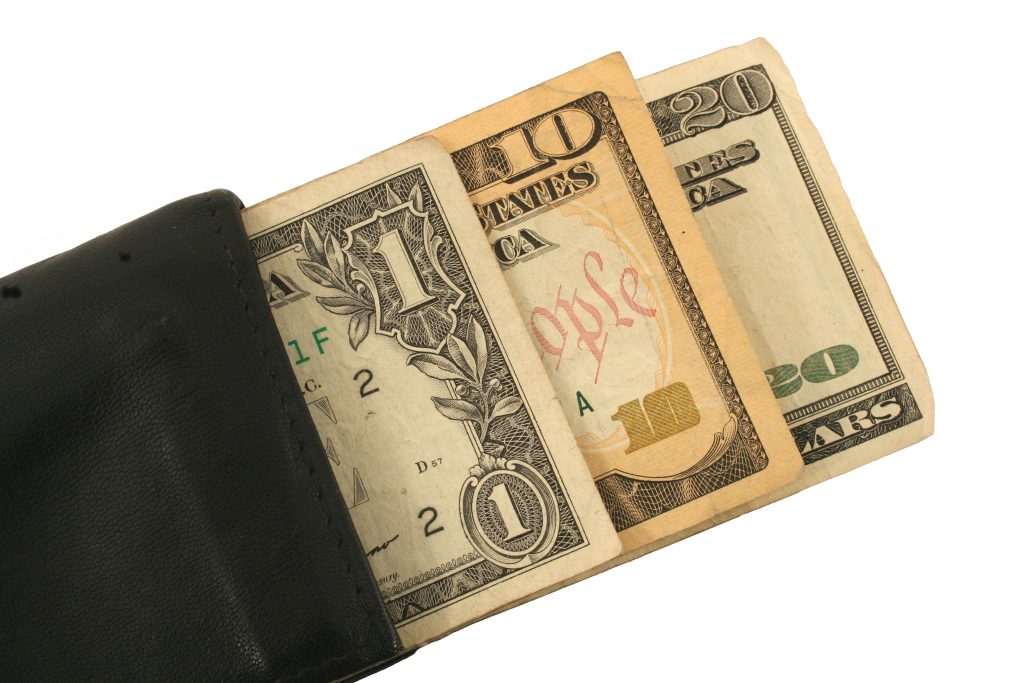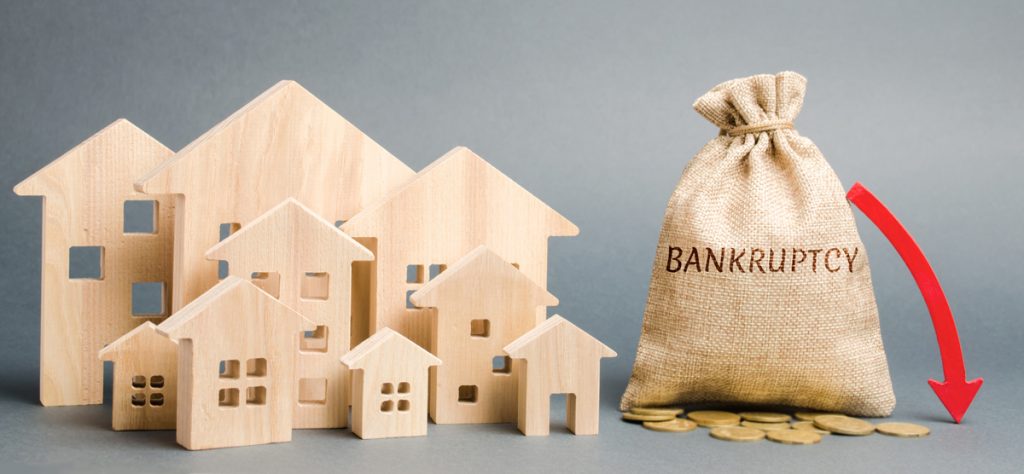How Long Does Bankruptcy Stay On Your Credit Report?

There are in excess of 50,000 bankruptcies by companies per year in the US. Generally, employees are well treated receive as creditors in bankruptcy courts, payment for wages owed is not guaranteed once employers file for bankruptcy. Therefore, employees should know how to operate in a judicious manner. Read on to learn more.
Types of Bankruptcy
The two kinds of bankruptcy employers can file are: Chapter 7, where the company is liquidated by selling off the assets of the company and the proceeds are divided among all of the creditors in order of their priority, which is established by bankruptcy law. The second option is Chapter 11 allows a company to reorganize and restructure its debt contracts.
Payroll
Payroll obligations can be impacted by bankruptcy. If an employer falls behind in making payroll, then files bankruptcy, employees become creditors and take priority in receiving remuneration.
Rights as a Creditor
Employees can file a proof of claim and are entitled to a portion of any proceeds as a result of the bankruptcy. This provision in the tax law allows employees to potentially collect money from other creditors who hold a lower priority in the bankruptcy.
Payroll Taxes
By law, the employee and employer split the cost of payroll taxes. In bankruptcy, the portion of payroll taxes collected from employees cannot be discharged, but the half owed by the employer can be discharged.
Don’t Pay Yourself a Bonus or Back Pay
The bankruptcy system treats you in a similar way to an insider creditor. So if you pay yourself a bonus, repay a loan you made to the business, or otherwise take money out of the company during the 12 months prior to filing for bankruptcy, might be considered bankruptcy fraud the results of which may land you in jail or mean your bankruptcy claim is dismissed by the courts.
Source: https://smallbusiness.chron.com/can-employer-file-bankruptcy-out-payroll-10027.html
Speak With Our Bankruptcy Lawyers In Phoenix & Scottsdale
Canterbury Law Group should be your first choice for any bankruptcy evaluation. Our experienced professionals will work with you to obtain the best possible outcome. You can on the firm to represent you well so you can move on with your life. Call today for an initial consultation. We can assist with all types of bankruptcies including Business Bankruptcy, Chapter 7 Bankruptcy, Creditor Representation, Chapter 5 Claims, Chapter 13 Bankruptcy, Business Restructuring, Chapter 11 Bankruptcy, and more.
*This information is not intended to be legal advice. Please contact Canterbury Law Group today to learn more about your personal legal needs.









